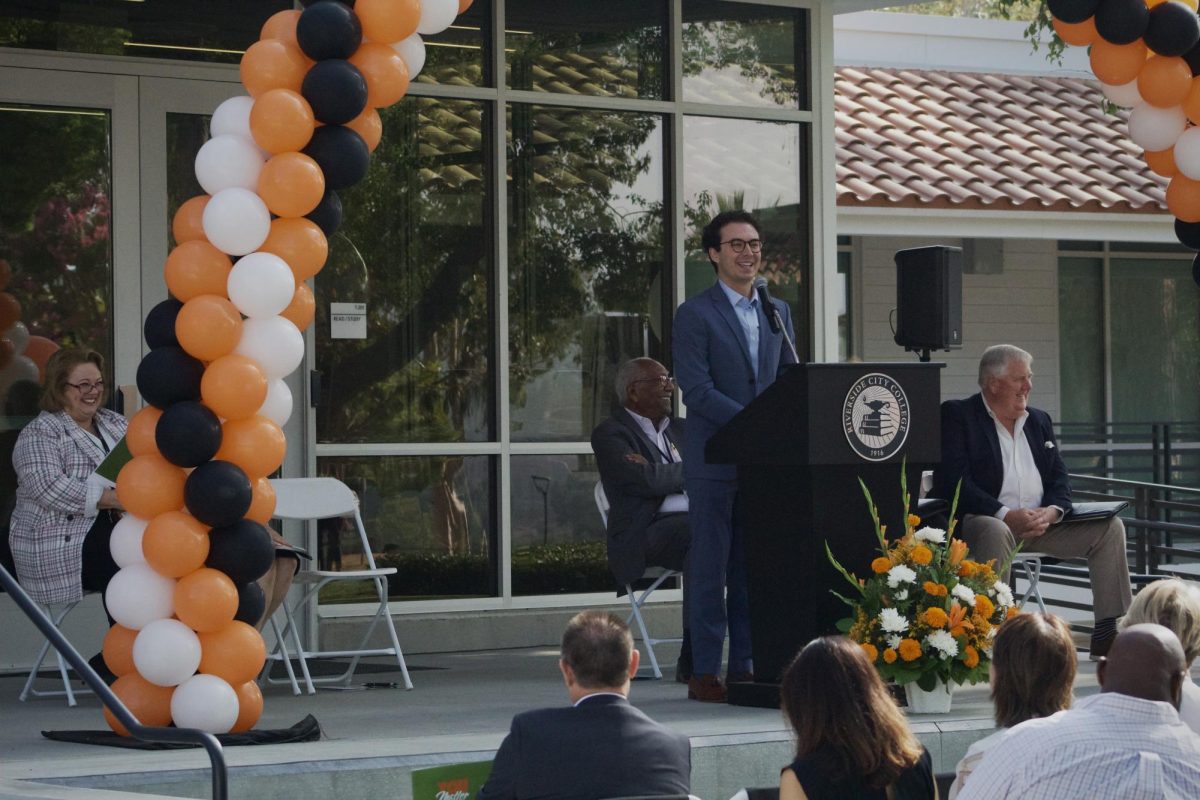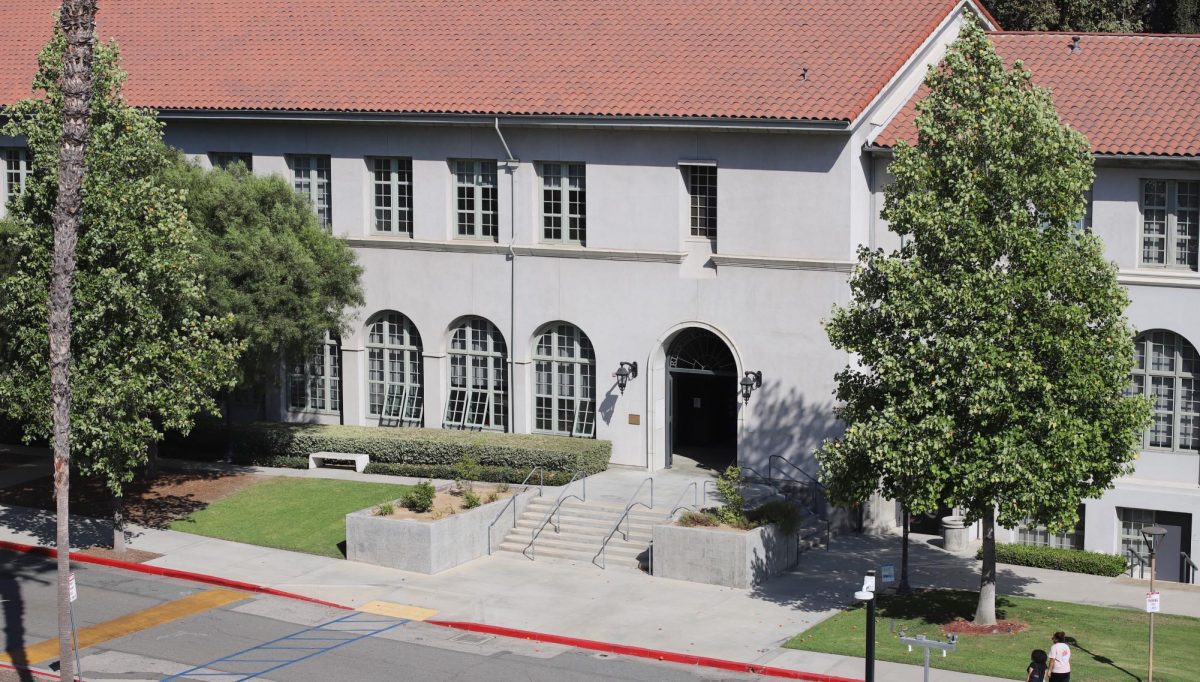By Diego Lomeli
It seems as if the controversial, never-ending battle regarding the addition of ethnic studies courses into the California education system will persistently carry on. An assembly bill that would’ve incorporated a three-year pilot program among 11 California school districts was vetoed by Gov. Jerry Brown after it was proposed by Assemblymember Jose Medina.
Brown’s argument for rejecting Medina’s proposal is the concern for the already overburdened students of the California students.
“While I recognize the value of these courses, I am reluctant to encourage yet another graduation requirement, especially when students are already overburdened by multiple tests and endless hours of homework,” said Brown in his Sept. 30th veto statement.
Medina believes that the history taught in California classrooms are not inclusive of the complex diversity that makes up the majority of the state’s population. He believes that ethnic studies helps students open up to the backgrounds of various cultures found throughout the U.S.
Many activists and educators were disappointed by Brown’s reasoning, arguing that students need to be exposed to their own, and to various other cultural histories aside from the traditional eurocentric one they are already accustomed to. A University of California Riverside Ethnic Studies Phd student, Franklin Pérez, mentioned the complimenting aspect of teaching ethnic studies and traditional history simultaneously.
“Why wouldn’t you require them to learn about their cultural history? They’re required to learn US history, and this is a compliment to that,” said Pérez.
According to Pérez, ethnic studies courses revolve around cultural literature, history, politics, and the sociology of particular ethnic groups.
Another argument contradicting the inclusion of ethnic studies, is the possibility of the courses’ material implementing victimized attitudes among students of color. Although the claim has gone far enough as to refer to ethnic studies courses as racist, many educators still see the valued skills these courses teach, such as critical thinking and debate.
Such claims were challenged by Republican lawmakers of Arizona a few years ago. Lawmakers Tom Horne and John Huppenthal wrote a legislation as a specific response to a Mexican-American studies program at Tucson High School, making it illegal to teach curriculums that “promote the overthrow of the U.S. government.”
Various teachers throughout the U.S. still believe in the importance and the effectiveness of the courses, regardless of the criticisms they have received.
“I think it’s always good to question what we’ve been taught. I had a student once who said, ‘I’m not upset, I’m just sort of shocked that certain things weren’t taught to me.’ We had just finished going over Christopher Columbus and reading a few articles, and we were talking about when it would be appropriate to teach the truth,” Gustavo Flores, an ethnic studies and English teacher at Norte Vista High School, said.
The legislation, aside from proposing the addition of the courses, also called for the California Department of Education to grant financial assistance to the 11 participating school districts, and to have those districts report back to the legislature by 2024.
Each school would receive and disburse the financial aid accordingly, ensuring that current or potentially new teachers are paid and that classroom supplies, including textbooks, are made available to the students.







